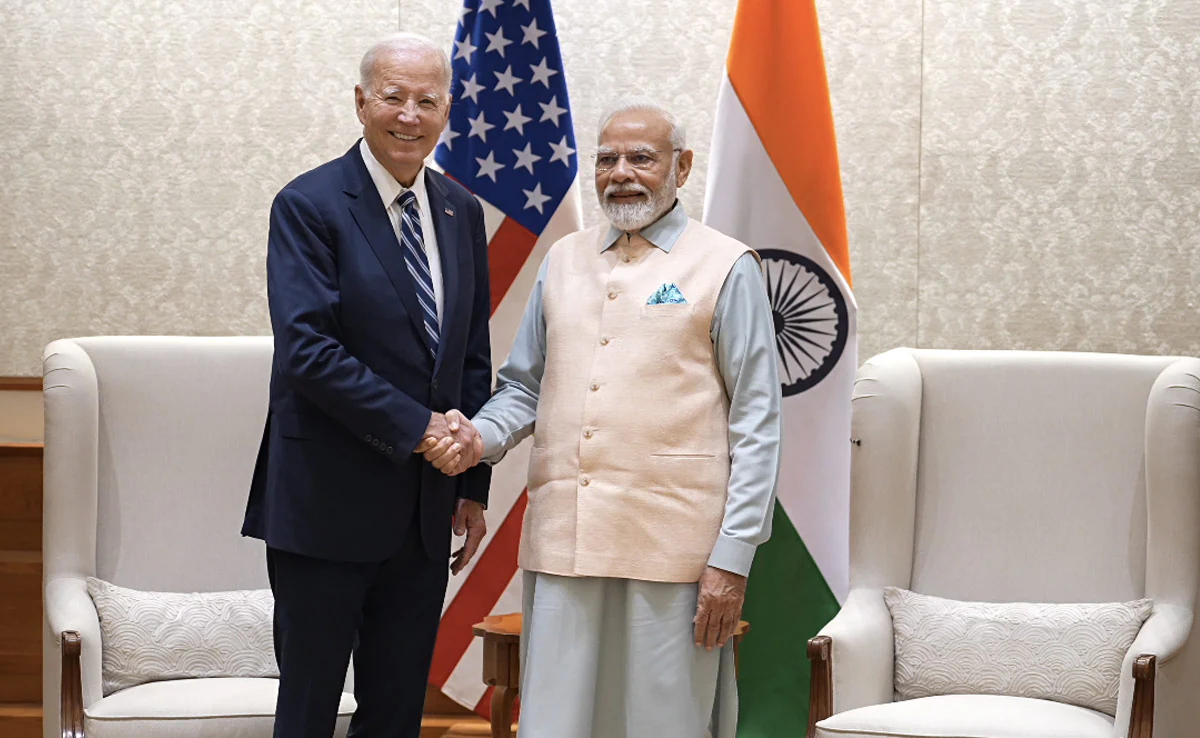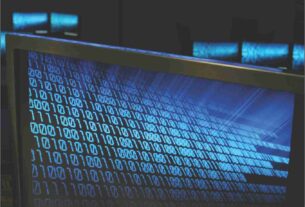As the top leaders from around the world have already started arriving in New Delhi for the G20 meet, all eyes are set on the arrival of the US President Joe Biden.
Prime Minister Modi will be welcoming the leaders of all countries individually at the newly-inaugurated Bharat Mandapam at Pragati Maidan where he will also host a lunch on Saturday followed by a gala dinner hosted by the President.
The mega meet will mark the culmination of the India’s year-long G20 presidency where nations will share their commitments towards solving issues affecting the nations.
The US focus will be more on firmly bringing India into Indo-Pacific theatre where the latter should play a more active role. The Chinese aggressive posturing is now a major problem for US in the region. This issue is going to figure prominently during President Biden’s meet with Prime Minister Modi.
Bi-lateral talks
Typically, bilateral visits are not integrated into the G20 summits; however, India has made an exception this time for the US and Saudi Arabia.
As per the White House release “President Biden and G20 partners will discuss a range of joint efforts to tackle global issues, including on the clean energy transition and combatting climate change, mitigating the economic and social impacts of Putin’s war in Ukraine, and increasing the capacity of multilateral development banks, including the World Bank, to better fight poverty, including by addressing global challenges.”
While in New Delhi, President Biden will also commend Prime Minister Modi’s leadership of the G20 and reaffirm the US commitment to the G20 as the premier forum of economic cooperation, including by hosting it in 2026.
As this is the first India visit of Joe Biden as the US President, the G20 summit is expected to yield significant bilateral outcomes.
According to officials, the bilateral talks between India and US can include a wide range of issues with a potential agreement on small modular nuclear reactors. In June, during PM Modi’s US visit, discussions were held between the Nuclear Power Corporation of India Limited (NPCIL) and Westinghouse Electric Company (WEC) regarding the construction of six nuclear reactors in India.
The current focus is on the development of next-generation small modular reactor technologies, intended for the domestic market and potential export to third countries.
In the same visit, GE jet engine deal was initiated. Following the agreement between General Electric and Hindustan Aeronautics Limited for the production of GE F-414 jet engines in India for the Hindustan Aeronautics Limited Light Combat Aircraft Mk 2, the recent approval by the US Congress has paved the way for the smooth and quick conclusion of this deal.
Other than the GE jet engine agreement, there will be negotiations for a “Security of Supply arrangement” and a “Reciprocal Defence Procurement agreement.”
Even though both countries differ on their stance on the Russia’s military operation in Ukraine, Washington and New Delhi are contemplating joint humanitarian aid efforts for Ukraine. For the time being, the US policy is to set aside contentious issues with India.
Additionally, a specialised academic programme tailored for Indian students, advancements in the drone deal, a more permissive visa regime for Indian citizens, and the establishment of new consulates in each other’s nations will also be the core issue of the bilateral discussion.
Agenda for G20
As per the White House statement, “President Biden will reaffirm the US commitment to the G20 as the premier forum of economic cooperation globally. He will discuss a range of joint efforts to tackle global issues, from the clean energy transition, the significant transnational challenges that are afflicting countries across the world, and others.”
While climate and the ongoing Ukraine conflict are going to take the centre stage of the discussion, the primary emphasis during the talks between Prime Minister Modi and President Biden will be on economic matters and multilateral cooperation.
Reforming and strengthening multilateral development banks (MDBs) to reflect the changed geopolitical conditions and the rise of the Global South remains a key part of India’s agenda during its G20 presidency.
Significantly, the World Bank is already looking at a series of reforms such as new financing instruments like hybrid capital and portfolio guarantee platforms to allow higher leverage to the bank. These are expected to help in increased lendable resources to the developing countries.
The US has been backing the MDB reforms strongly as a countermeasure to China’s lending through its BRI project.
President Biden has asked the US Congress last month for additional funds that would have the impact of helping increase World Bank financing by more than USD 25 billion, and the US is working with its partners to see if they can pursue similar contributions.
During his India visit, Biden will also be calling on G20 members to provide meaningful debt relief so that low and middle-income countries can regain their footing after years of stress on their economies and their people, said John Kirby, White House National Security Council Coordinator for Strategic Communication.
The G20 member countries represent around 85 per cent of the global GDP, over 75 per cent of the global trade, and about two-thirds of the world population. Therefore G20 remains as a critical forum for all the major economies of the world to come together for global problem-solving.
And under India’s presidency, the hopes are already high. Despite certain differences with the United States, India still offers itself as a strong partner at a time when Chinese economy is going downwards and its dominant diplomatic approach is not being appreciated by global powers.
Further China’s debt trap diplomacy has affected many small developing nations. In such a scenario, India’s strong ties to the Global South makes India the ideal bridge for the US and its allies in this region.




